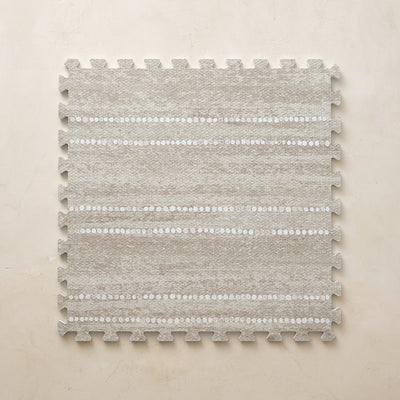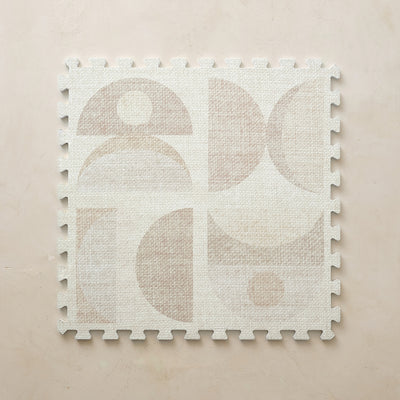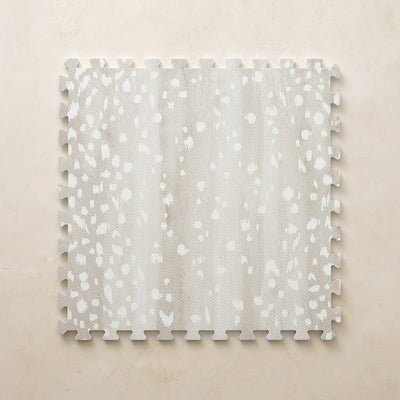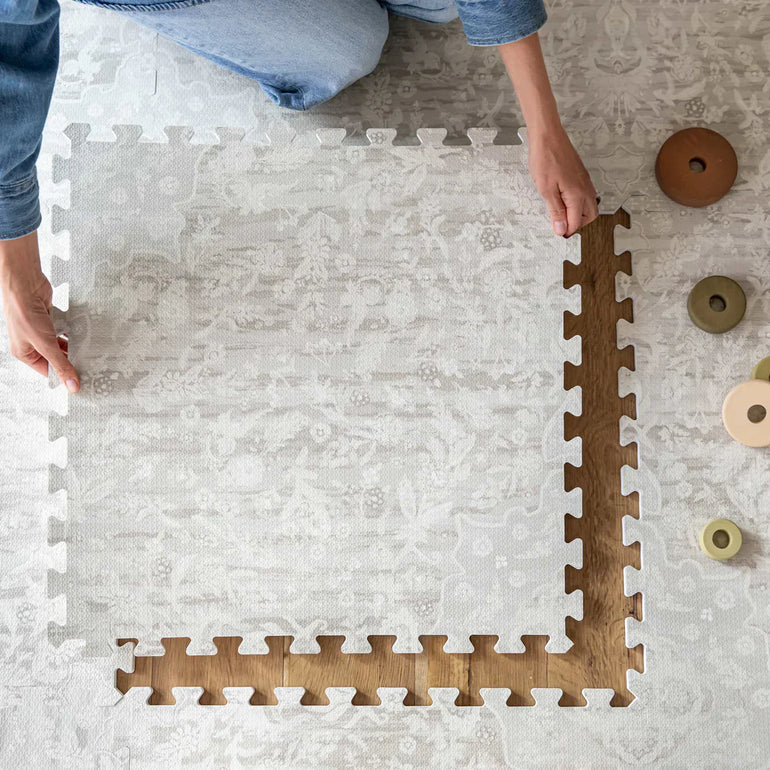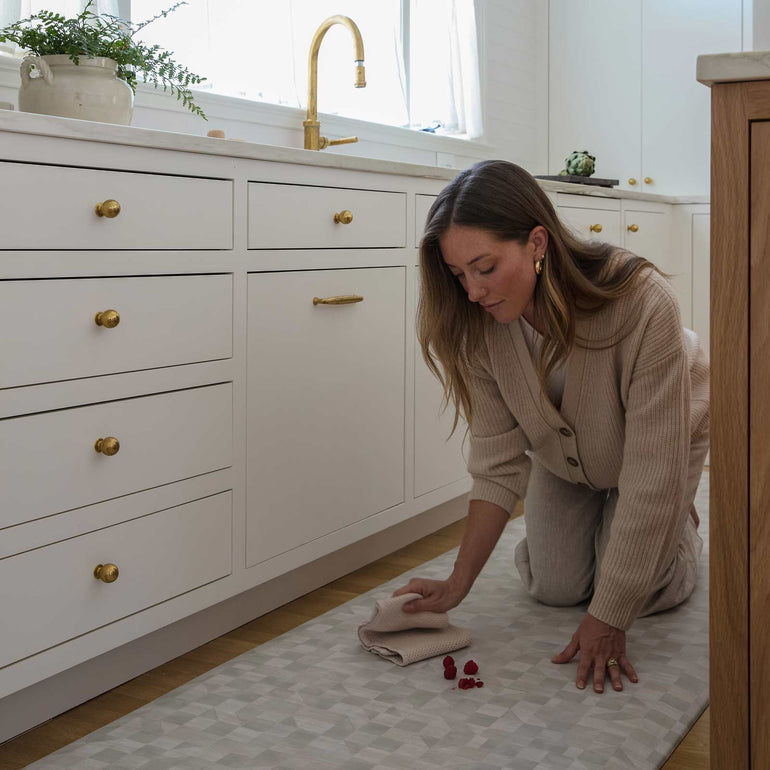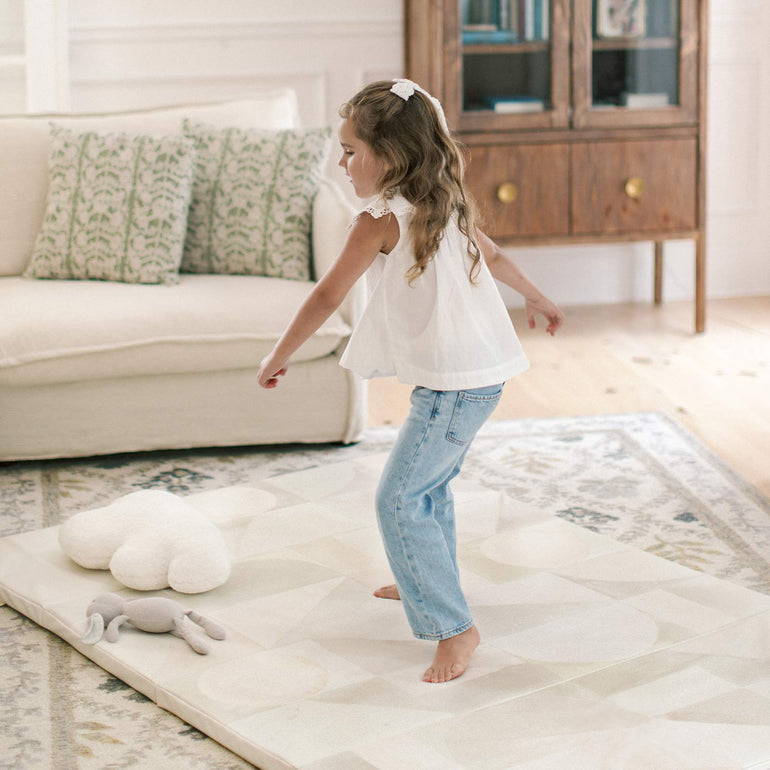Understanding Why Babies Need to Be Burped in the First Place
From the moment you start to feed your baby, they begin to take in more than just nourishment. Whether breastfed or bottle fed, babies naturally swallow air during feedings. That trapped air can cause discomfort and make babies fussy or gassy. Burping your baby helps release this air, easing pressure on their tiny digestive system. [1] It’s beneficial during those early months when your baby can’t yet move in ways that would help expel gas.
The Typical Age Range When Babies Stop Needing to Be Burped
So, at what age do you stop burping a baby? Most babies naturally outgrow the need to be burped between 4 to 6 months of age. By this stage, their digestive systems are more developed, and they’ve gained better control over their movements, often sitting on your lap with more stability or switching breasts with more intention. As babies become more mobile, they also start to self-adjust and may no longer need your help to relieve trapped gas. Still, every child is different, and some may need occasional burping beyond this stage. [1]
Signs Your Baby Is Ready to Stop Being Burped
When wondering, “Do I still need to burp my baby?” look for cues that burping may no longer be necessary. Your baby might finish a bottle or breastfeeding session without fussing. They may show fewer signs of discomfort or seem content after eating. If your baby remains calm, doesn’t squirm, and sleeps soundly post-feeding, it could be a sign their body is handling gas more efficiently. [2] You might also notice a decrease in spit-up or gurgling noises.

How to Wean Off Burping Without Disrupting Feedings
Easing away from burping doesn’t have to be abrupt. You can start by gently spacing out how often you burp a baby during feeding sessions. If bottle feeding, try stopping halfway through instead of every few ounces. For breastfed babies, pause after switching breasts rather than after every latch. Always support their head if you’re adjusting positions. You can also observe how they react when you skip a typical burping interval. Keeping a burping cloth nearby and watching for signs of discomfort will help guide you through the transition.
What to Do if Your Baby Still Seems Gassy After Stopping
Even after your baby no longer needs to be burped regularly, occasional gas can still pop up. If your baby shows signs of discomfort, try time-tested burping methods like gently patting their back while they sit upright on your lap. Tummy time or light baby massage can also release trapped air. Here's how to get started with tummy time if you're new to it. If unsure, check with your pediatrician to rule out any sensitivities or issues with the formula or feeding technique.
Designing a Comfortable Feeding Routine as Baby Grows
As your baby grows, feedings become more about bonding and routine than mechanics. You may no longer need a free hand for patting or a burping cloth draped over your shoulder. Focus on making the space calm and supportive, especially if you're still feeding your baby multiple times a day. Lay your baby in a cozy, upright position or keep them close while they sit in your lap. Choosing the right environment, from a soothing chair to a play mat where they can stretch after feeding, can elevate this time into a truly comforting ritual. Explore how to design a toddler play space with modular furniture for your growing child.
Citations:
[2]: https://www.hellomotherhood.com/baby-done-burping-9153.html
